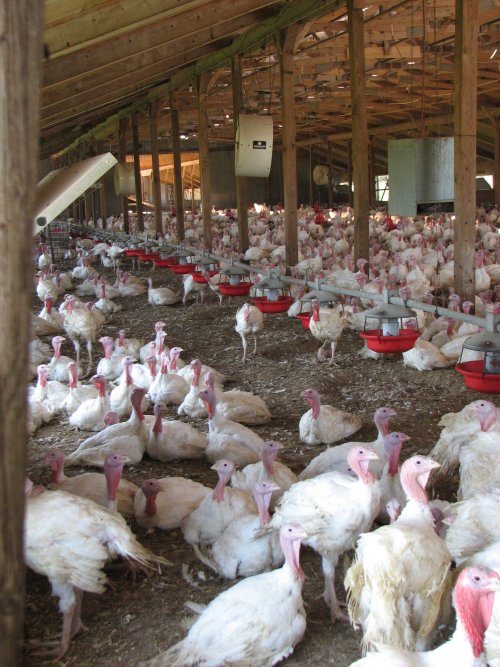(Le Mars) — KLEM news visited with Iowa Secretary of Agriculture Bill Northey about the Avian Bird Flu. As of late yesterday afternoon, Northey says Iowa has confirmed 21 cases of the Avian Bird Flu.
Listen to
{audio} images/stories/mp3/May 2015/Northey1.MP3{/audio}

Northey says it may still be too early to see if the bird flu has created a rise in egg prices, but he adds it probably will happen within the next few weeks.
Listen to
{audio} images/stories/mp3/May 2015/Northey2.MP3{/audio}

The Iowa Agriculture Secretary says those 16 million hens infected with the bird flu represents nearly 25 percent of Iowa’s poultry industry. Northey explains how the poultry industry will go about the process of disposing all the infected birds.
Listen to
{audio} images/stories/mp3/May 2015/Northey3.MP3{/audio}
Northey says the process is a bit different for the disposal of chicken laying hens.
Listen to
{audio} images/stories/mp3/May 2015/Northey4.MP3{/audio}

Recently, animal rights organizations such as PETA (People for the Ethical Treatment of Animals) have started a billboard advertising campaign in many Midwestern cities, including Sioux City, discouraging people from eating poultry products because of the bird flu, and instead to go vegan. Secretary Northey says PETA is only exploiting and sensationalizing the issue. Northey says people are not affected by the bird flu, and there is no danger of contamination from eating poultry products. Still, he says it is heart breaking to see Iowa’s poultry producers suffer such a major tragedy without animal rights groups adding salt to the injury.
Listen to
{audio} images/stories/mp3/May 2015/Northey5.MP3{/audio}
The Iowa Agriculture Secretary says poultry producers had been using bio-security measures in the past, but now everyone, from the smallest producer with a few hens in their yard to the largest commercial size producer, will have to implement even a stricter code of bio-security practices.
Listen to
{audio} images/stories/mp3/May 2015/Northey6.MP3{/audio}

Certainly poultry producers are wondering how long does their facilities need to remain empty after the sterilization process occurs, before they can re-populate the barns with birds, and again start up with their egg or poultry production.
Listen to
{audio} images/stories/mp3/May 2015/Northey7.MP3{/audio}











